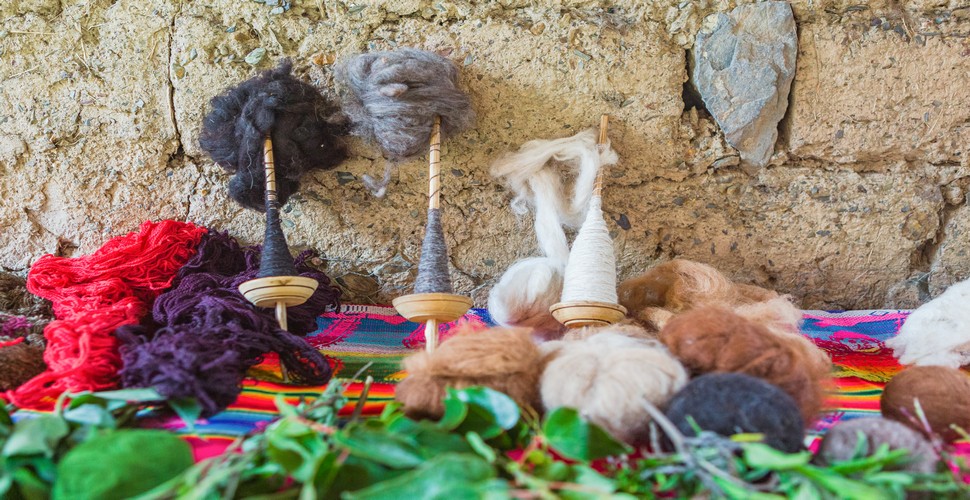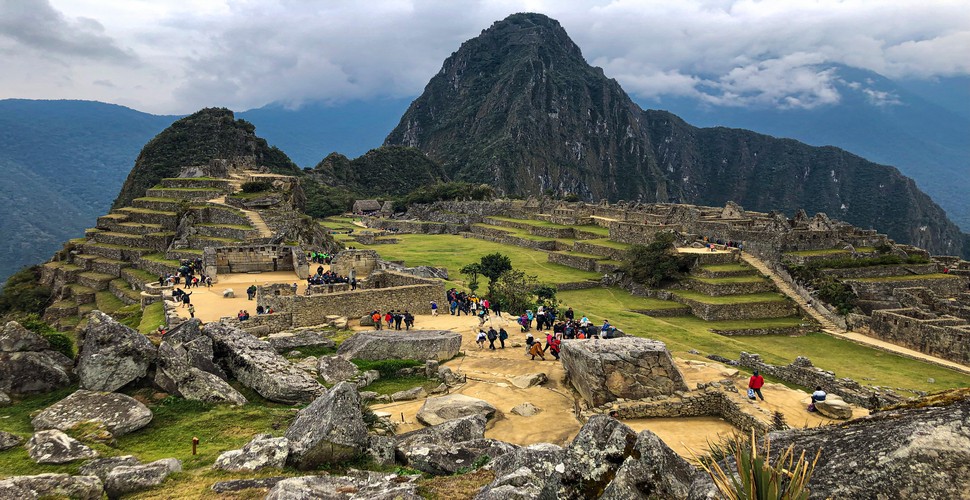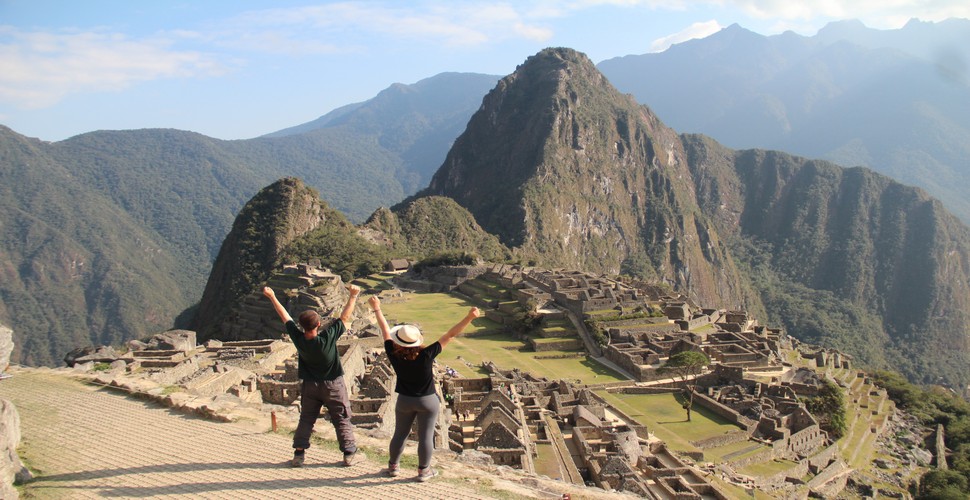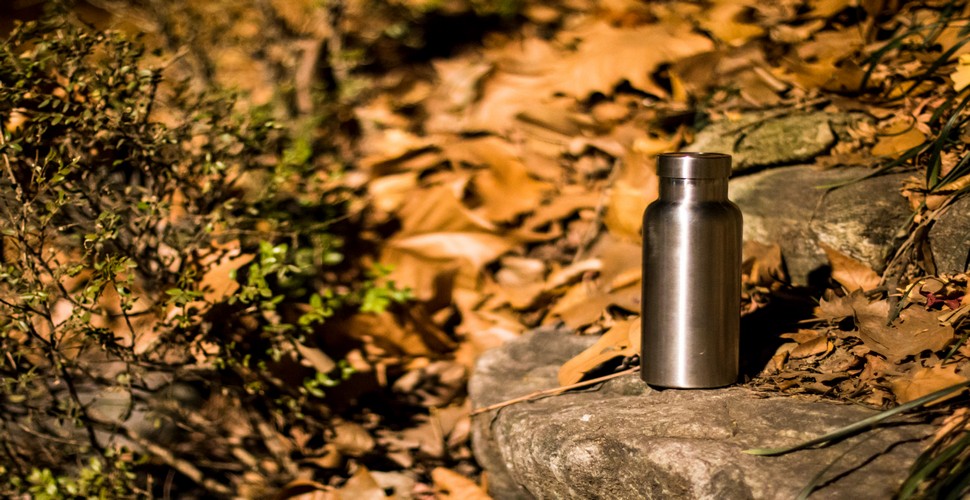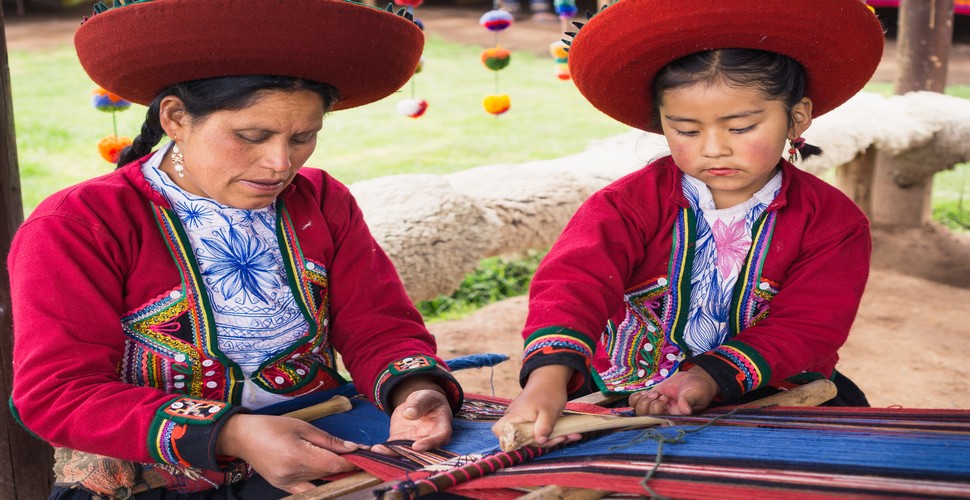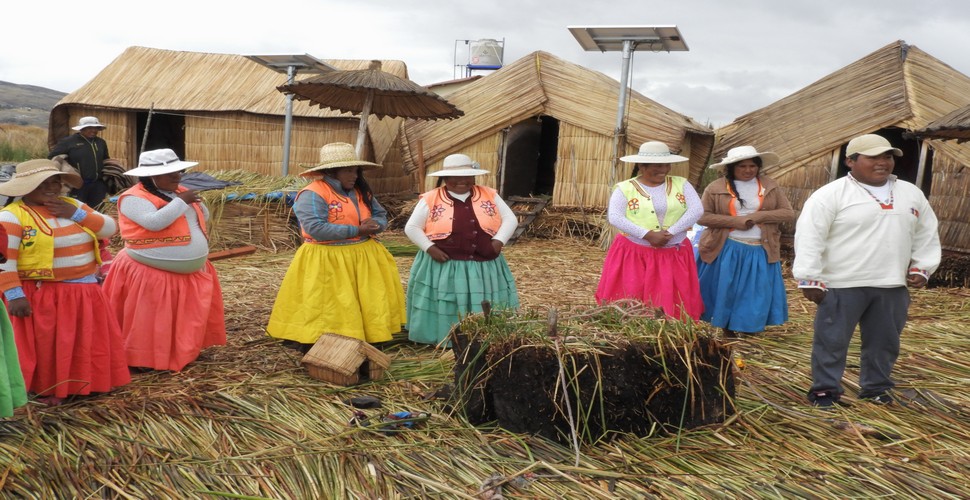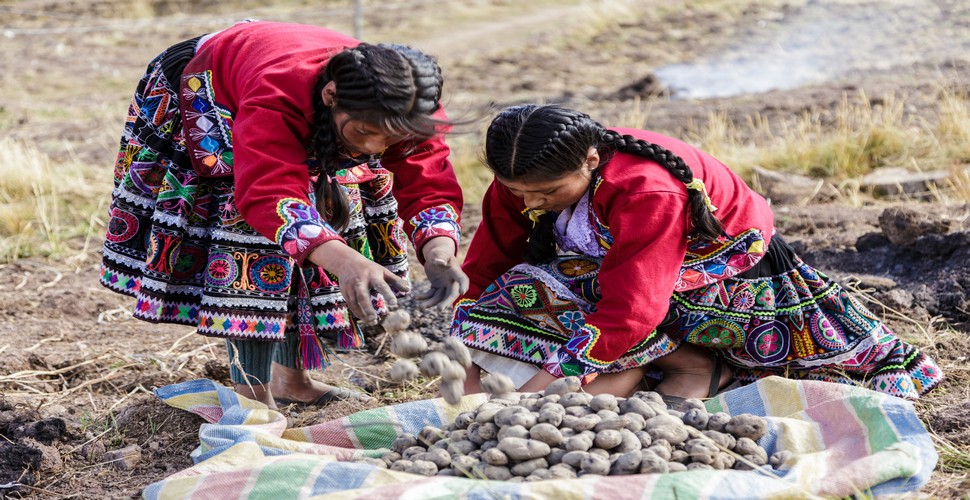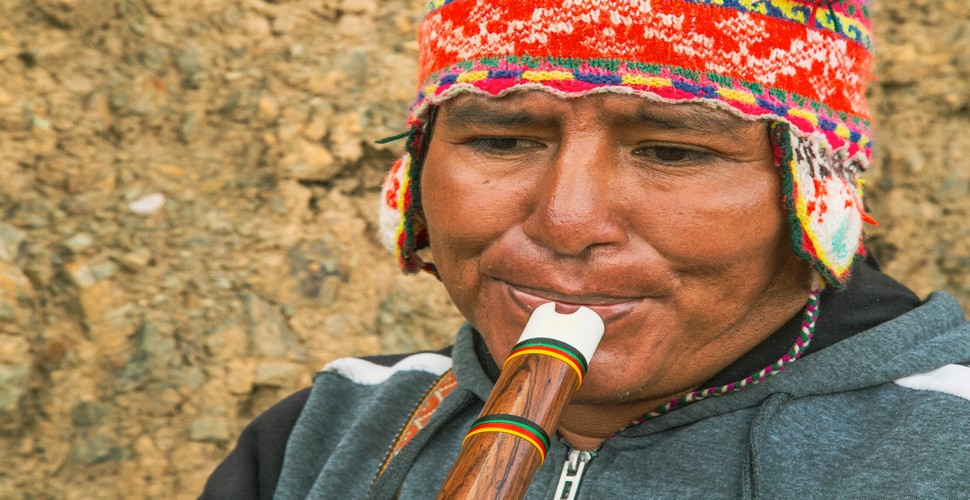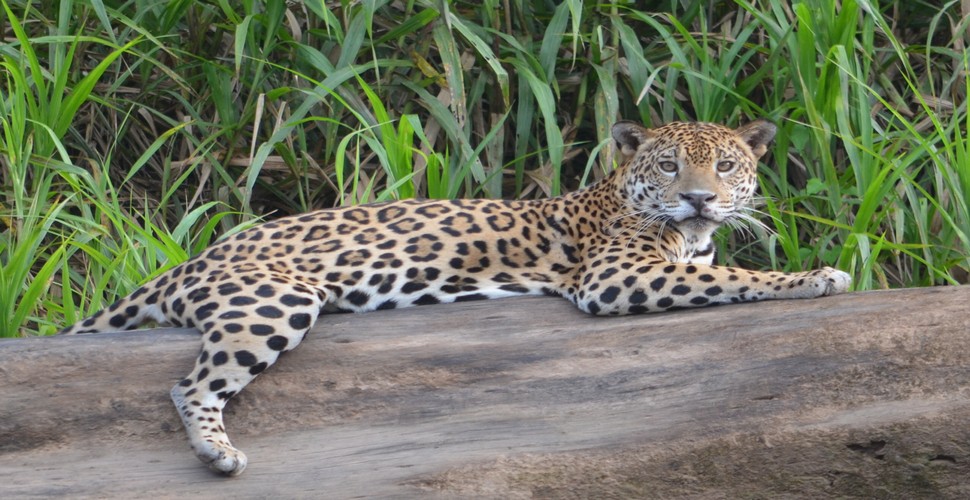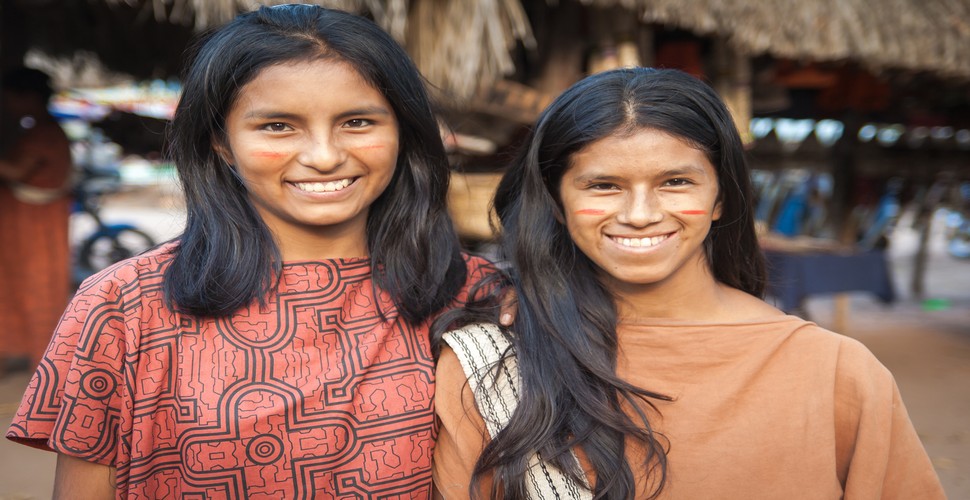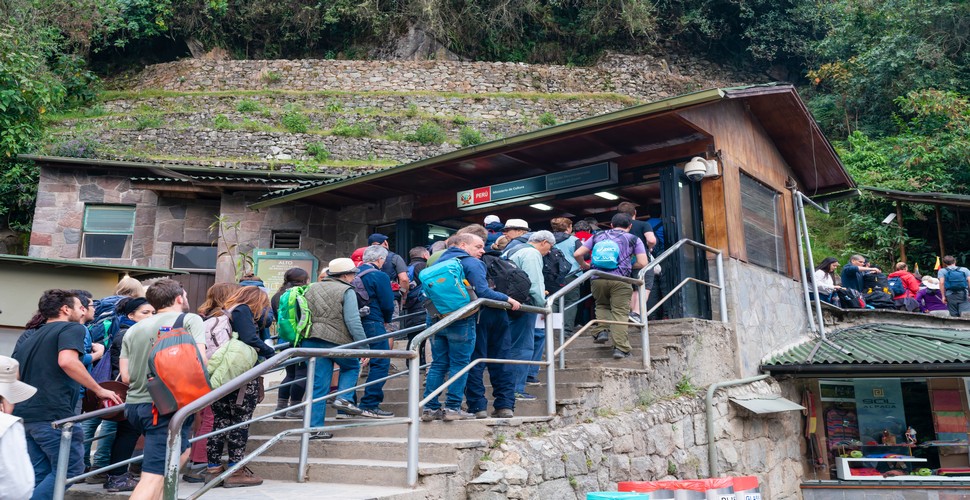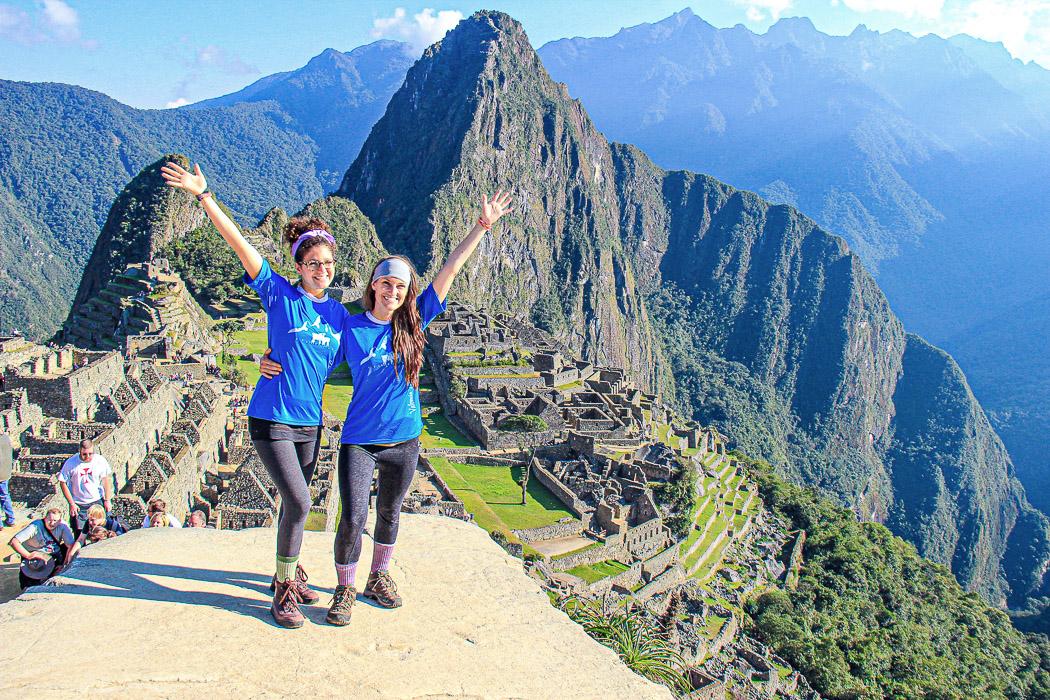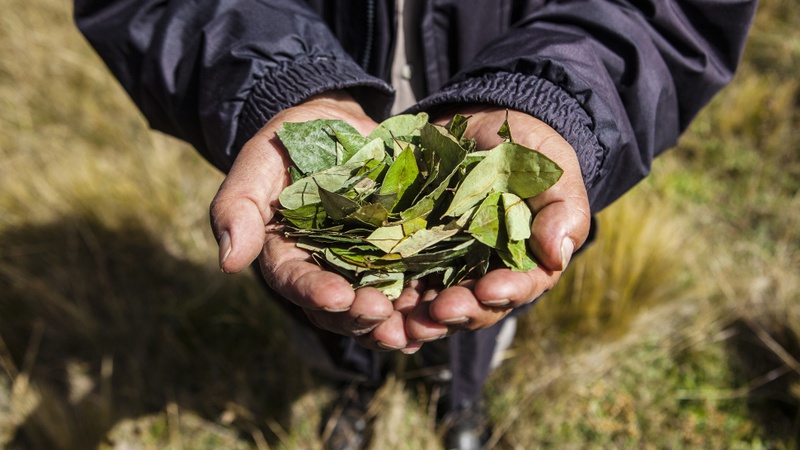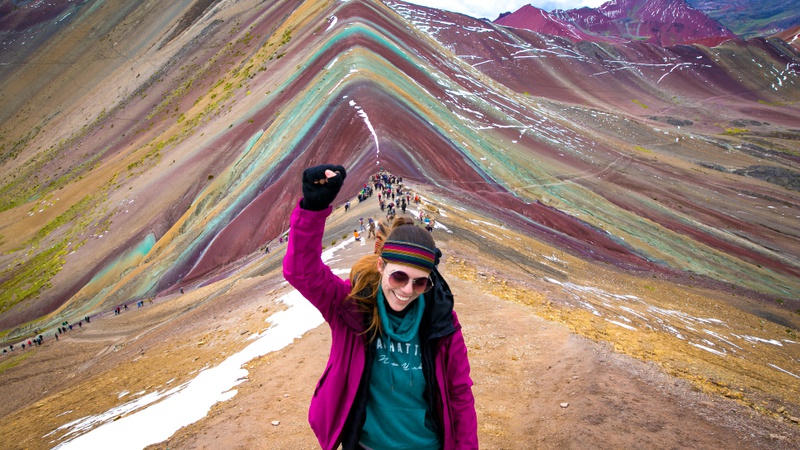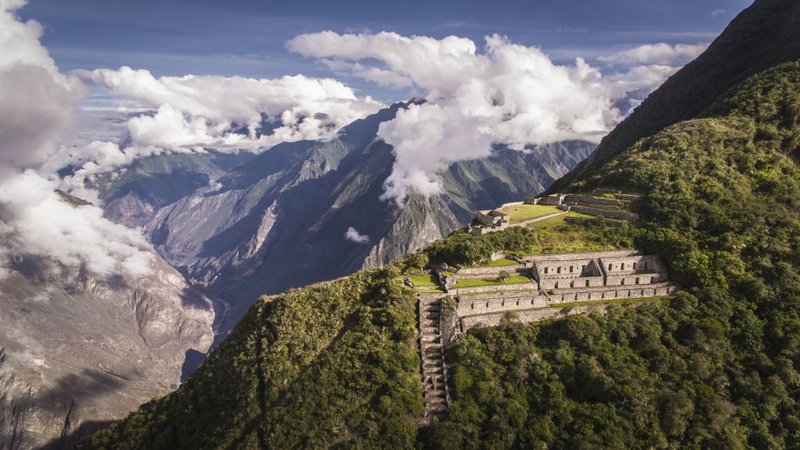
The best Sustainable Activities in Peru
Written by:Valencia Travel
Last Update: 2025-02-26
Responsible travel encompasses many sustainable, environmental, and culturally sensitive ways to practice tourism. Collectively, these activities are making our planet a better place. When you visit a new country, such as Peru, it’s not just about getting a passport stamp; it’s about making the most of your time abroad and leaving a positive impact. Please read our guide below to learn about the best ways to travel responsibly and sustainably in Peru.
Alpaca Wool
Machu Picchu Ecotourism Tips
Machu Picchu is on virtually everyone’s bucket list. It’s not just the archaeological site that attracts the curious traveler from nearly every corner of the world, but also the ancient culture, stunning landscapes, and unique sense of exploration in Peru. Machu Picchu receives millions of travelers every year, and the surrounding area is at risk, both environmentally and culturally. Some steps visitors can take to preserve Machu Picchu, along with its unique ecosystem, fascinating customs, and lesser-known ruins surrounding the Inca citadel, are mentioned below.
Machu Picchu
Keep on the trail.
The trails that winds through Machu Picchu protects the ruins and the people visiting. This ancient structure dates back to the 1400 hundreds; understandably, some structures are worn, aged and deteriorating. We are departing from the specially built pathways could not only further damage the walls and flooring of the archaeological site but could also lead to harm or injury to visitors. The ancient Inca city is on the side of a mountain, with steep drops, so leaving the pathways could lead to a fatal fall.
Don´t touch the stones.
While it’s tempting to want to touch the massive rocks of Machu Picchu as you admire the Inca stonework, sunscreen, insect repellent and other products we may use all contain chemicals that can damage the surface of the rocks. The thousands of visitors to Machu Picchu every day means that if everyone touched the stones over the years, the damage caused would be irreversible.
Keep a distance from the llamas.
Although these animals are cute, fury and incredibly used to humans, llamas are known to spit or bite if they feel threatened. These llamas call Machu Picchu home, so leaving them on their turf is a good act.
Don’t pollute
This goes for pollution from bags, packaging and bottles, and noise pollution. It disturbs not only the plant and animal life but also the experience of other travelers. Many have traveled great distances to experience Machu Picchu; some even view the sacred site as spiritual.
Absorbing Energies
Keep hold of your entrance ticket.
Watching the sun appear over the horizon, followed by the fog and clouds dissipating into thin air and finally, witnessing the sun set into the majestic mountains makes for a very long day at Machu Picchu. Eating and going to the bathroom inside the ruins are strictly prohibited. There is a café area and clean bathrooms outside the entrance if hunger takes hold or you need to use the services. Keeping your ticket allows re-entrance to Machu Picchu after.
Don’t drop litter
This is obvious, but avoid dropping fruit and vegetable waste like apple cores, cigarette butts, and chewing gum. Don’t throw anything and take out what you brought into Machu Picchu to not affect the delicate habitat of the cloud forest.
Use a refillable water bottle.
All waste, including plastic drinking bottles, has to be transported from Machu Picchu to Cusco City via train. Help reduce waste by carrying water in a bottle that doesn’t get thrown away when emptied.
Respect the locals
Make sure you ask permission before taking photos of locals in traditional dress, police officers or soldiers. Additionally, locals practice a combination of Catholicism and traditional Inca beliefs and respect their religion as you would anyone’s religion. When surrounding towns celebrate their patron saint or other religious festivities, be respectful and experience this unique living culture.
Refillable Water Bottle
How to support local communities and economies in Peru
Traveling to Peru is an enjoyable experience that can be incredibly rewarding, but how do we make sure that our time spent in the country gives back to the local people who help make our trip so memorable? Peru’s economy is developing, and many indigenous communities still live challenging lives in areas that tourism touches. Their economic instability and heavy dependence on tourism leave many Peruvians vulnerable. However, you can do plenty to help their situation during your time in Peru.
Local Weavers, Chinchero
Buy Local
Try buying Peruvian items when in Peru. Make the most of your time here and immerse yourself in the local culture by eating the local cuisine. Visit local establishments rather than ‘go safe’ in familiar restaurant chains. This way, you put your money into local hands rather than distant global companies. When shopping for souvenirs, take home a handcrafted item from the place you visited rather than a mass-produced item. Local weavings are stunning and the perfect gift or souvenir, especially if you have seen it hand-made in front of you.
Check out your Travel Agency
When booking a trek or tour, ask the right questions to ensure the company treats its guides and porters somewhat and looks out for their welfare. Check that they are paid fair wages and ask if they follow the legal weight limits for porters to carry, see that they are given the right equipment, clothing and shoes for a trek, and learn how they respect the cultures and environments the tour will take you through.
Use Eco Lodges
Eco-lodges and eco-hotels are becoming more available in Peru, so stay in one when you can. Eco-friendly hotels focus on providing sustainable accommodation for guests, creating the least impact on the most negligiblecal environment and the people living there. It might also mean they utilize local resources, such as wood, for furniture or food from nearby farms.
Homestays are a great way to ensure your money goes directly to local people and the ultimate interactive experiences, offering a warm welcome and getting to know their way of life and culture.
Homestay on The Floating Islands
El Albergue Hotel, Ollantaytambo, has received many environmental awards for its eco-friendly products, low-waste, and responsible housekeeping efforts, including Trip Advisor’s Green Leaders award and a Green Hotelier Award. They also offer a traditional pachamanca lunch where your meal is prepared using authentic ancient methods under the ground! The hotel also produces its organic coffee! Coffee lovers are treated to a production facility tour where they can watch the experts choose the choicest coffee beans for roasting. A master roaster is on-site to educate guests about coffee production, including origin stories and ancient mythologies. The Albergue Ollantaytambo is located in Ollantaytambo’s train station, so it is perfect for visitors on their way to Machu Picchu.
Traditional Huatia
Community-Based Projects
By joining a community-based eco-friendly tourism project, you’ll increase the demand for this type of vacation in Peru, so where you can, get involved! Whether working the land, feeding the animals or learning how to dye sheep’s wool, it will be an experience that will stay in your memory for years to come. You will also be directly helping a local family during your vacation activity, so everyone wins!
Learn about Ancestral Sounds through traditional musical instruments in a local Andean Sacred Valley Community or trek with Llamas through the Andean region. Immersive and responsible experiences abound in The Sacred Valley of the Incas. Find out more here.
Ancestral Sounds of The Andes
Wildlife Tours
By visiting national parks and nature reserves, you will teach local people that preserving the natural environment and endemic flora and fauna is essential for their economy. The more tourists that want to see nature at its best, the more it will be conserved, and the more money will come into the community. Amazon ecolodges, for example, promote the importance of reducing environmental impact and respecting local knowledge. From materials used in construction to everyday business operations, each eco-friendly lodge is dedicated to putting sustainability into practice and giving back to the indigenous communities of the Amazon region.
Jaguar in The Amazon
Amazon Lodges
Posada Amazonas Lodge, Tambopata, is owned by the local Community of Infierno and managed in partnership with Rainforest Expeditions. From the cooks to your jungle guide, the staff you interact with at the lodge will likely be from the area. In this way, the lodge is a source of livelihood for the community and proceeds are also recycled into development projects that further the sustainable practices of the lodge. Posada Amazonas is ideal for an introduction to the jungle. The lodge’s open-air design spreads over a single-level property. It extends into all of its three-wall guestrooms that open into a windowless veranda for close contact with the jungle environment. Nature activities include exploring an oxbow lake home to a family of giant river otters, visiting a parrot and macaw clay lick, and seeing over the jungle from a 40-meter-tall canopy tower.
“The Macaw Project” shares how illegal mining and logging endanger macaw populations living in the Tambopata Reserve in southeast Peru. The hope is that viewers will better understand how these threats are causing widespread devastation throughout the Amazon and the dire need to protect its fragile ecosystems. Conservation efforts in the Amazon go hand-in-hand with the development of a sustainable ecotourism industry.
Native Amazon Community
About Valencia Travels Sustainable Travel Efforts
Valencia Travel work to make sure we positively impact the places we travel. We work with hotels and tour operators throughout Peru who make conservation, sustainability and community development a priority. Because we work directly with locally owned companies who employ the people who live there, the money spent by our clients stays within the community. Ask us about the sustainable activities available in Peru for your vacation.
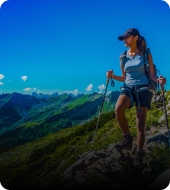 Aventure
Aventure
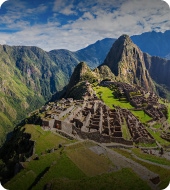 Cultural
Cultural
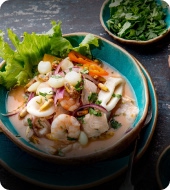 Gastronomy
Gastronomy
 Wellness
Wellness
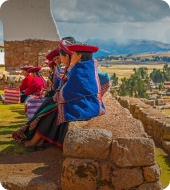 Local Living
Local Living
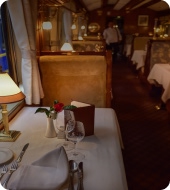 Luxury
Luxury
